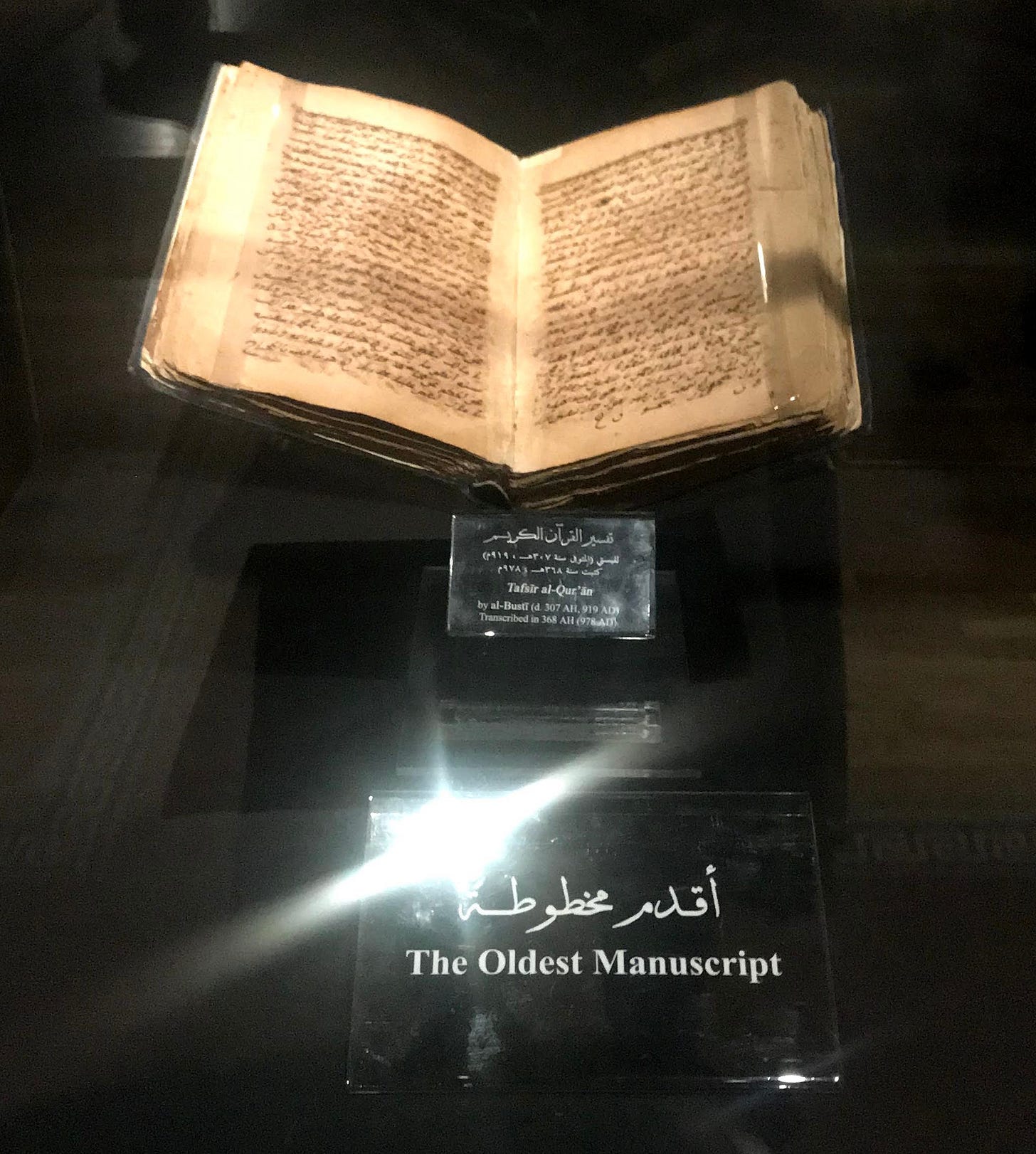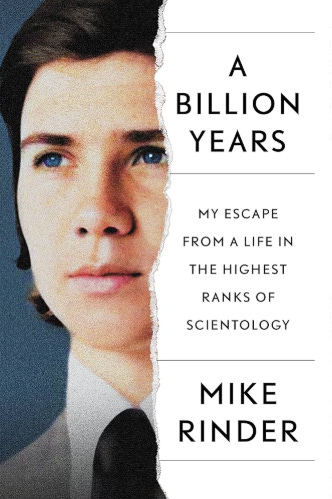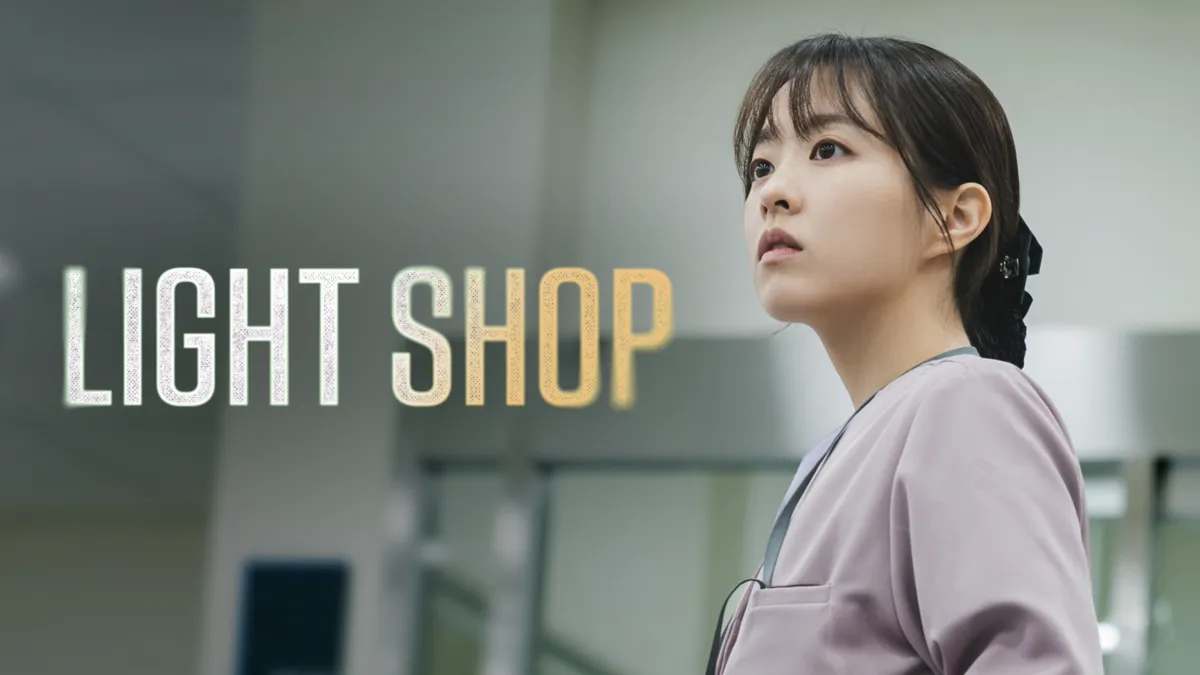Before I start, let’s get one thing straight. I am not religious. I have never studied religion in any form apart from (Christian) religious instruction in primary school and Australian indigenous history in high school. I have read books on different religions and cultures to satisfy my own curiosity. Here my only aim is to talk about my experience with different cultures and religions while travelling and my own spiritual insights about myself as a result.
I love learning. Anything. Therefore learning about other cultures and their religion or spiritual practices is fascinating to me. Experiencing cultures and religions different from our own, and the people who live them, is the quickest way to learn about spirituality and understanding your own views, biases and tolerances. There is no doubt that travelling has opened my eyes to many different cultures and religions around the world and this has made me more appreciative and understanding of those cultures back home in the multicultural society that is Australia.
The Buddha, and Buddhism, has become a favourite of mine due to my proximity to, and therefore, frequent visits to South East Asia where Buddhism is commonly practised, particularly countries such as Thailand and Vietnam, but also whilst I was in China. While Buddha translates to “the enlightened, or awakened, one” and usually refers to the founder of the religion, Siddhartha Gautama, theoretically everyone has the inherent capacity to attain enlightenment and therefore become a buddha. Hence the title of this post The Buddha in me. While Buddhism is an easy religion for me to understand and align myself with by being spiritually drawn towards the teachings of Buddha and the four noble truths, learning about other cultures and their religions is one of the many reasons I long to travel to distant places.
What I find most frustrating about travelling to places with different cultures and religions is the inherent ignorance of tourists visiting sacred and religious temples. The sheer contempt some tourists have to disregard the customs and practices of the places they are so fortunate to visit is truly one of the few things that makes my blood boil. If you are visiting a Buddhist temple or site, please cover up no matter how hot it is. The same goes for Islamic regions and sites. Imagine if these people came into your country and did something so disrespectful? For instance, the recent episode of an American influencer stealing a joey wombat from it’s mother in Australia. I won’t go into details, you can google it, but she did receive death threats and quickly left the country. While I don’t agree with the death threats, I do believe she should have been prosecuted for interfering with the native wildlife.
I’ve been to many places where Islam is the main religion/culture and I have always tried to be respectful of the beliefs. I have covered up on islands such as Langkawi and Home Island in the Cocos Keeling Islands (unless I was swimming in a private spot), while I’ve seen others walk around the streets half naked because they have either no respect or no understanding of the culture and how offensive it is to the locals. While I don’t believe in the suppression of women, I covered up in Egypt no matter where I was purely because that is their culture. It doesn’t matter whether or not I believe in it.
One of the most fascinating places I went to in Egypt was the library in Alexandria, or Bibliotheca Alexandrina. By the way, Alexandria is an oddly beautiful, seaside city and if I had stayed longer I would have wanted to base myself there, but more about my Egyptian travels another time. The most interesting section in the library is the Rare Books Collection. Amongst other ancient texts and papyrus, it was here that I saw “The Oldest Manuscript”, the Koran (Tafsir al-Qur’an) and was told it can be interpreted seven different ways depending on the scholar reading it. That blew my mind and lead to me wanting to know more. But Muslims study the Koran for years and years what could I even possibly learn or understand knowing that only one interpretation is translated into English? One day I hope to have the patience to persevere and learn more about the translation of this ancient text and understand how it can be interpreted and then misinterpreted.

Respecting culture is the same in my home country, Australia. Many people have climbed Uluru, previously known as Ayers Rock. I spent many hours debating with myself whether or not I would climb it in 2015 when I went there on a 5-day outback tour. I decided not to out of respect for the local Anangu people and their customs surrounding this sacred site. As it turned out, we were unable to climb the day our group was there because the previous day a Taiwanese visitor had wandered off path on top of the rock and fallen down a crevice. No one was permitted to climb so they could safely rescue him. He had spent the night in the crevice and was winched out by emergency services the following day (our day there). We did however walk the perimeter and saw views of the rock from different angles not usually seen in photographs and learnt a lot about the different spiritual areas of the rock, the ceremonies performed there and the history and beliefs of the Anangu people. These days it is no longer permitted to climb Uluru. Since records began, 37 people have died while attempting to climb Uluru. I am glad not to be a statistic.
The culture of indigenous Australians is fascinating to me and I have many books on their dreamtime stories, history and culture of our nation. I was one of the lucky few who studied Australian indigenous history and culture at my high school in the late 80’s under the banner of “Australian Studies” while many other schools only taught European or Asian History. I was horrified by the sheer genocide and destruction of a 60,000 year old culture in less than 200 years, but grateful that I learnt about it early on in life. Having that knowledge and learning more and more about indigenous culture leads me to have a greater understanding of myself, appreciation for my home country, the struggles it and it’s native people have endured, and as a result I feel a greater connection to and understanding of the land I live on. A degree in Australian Environmental Management significantly enhanced this knowledge and understanding.
During the course of previous jobs in the environmental field, I’ve been privileged to work collaboratively with indigenous communities on their land, witness welcome ceremonies, smoking ceremonies, women’s ceremonies all conducted by traditional owners of the lands upon which I live and work. While it doesn’t replace the loss of land and devastation of culture, I like to believe we can use their knowledge and stories to improve our connection and understanding of the land, and by honouring these ceremonies when we can is one way to keep indigenous knowledge alive and pass it on to future generations.
All this has taught me that spirituality exists in many different forms across the globe and I haven’t even touched on Hinduism, African culture, Mayans (and associated cultures), or various folk cultures around the world, such as the Romani gypsies. I’m distinctly aware of how that spirituality applies to me and this is inherent in the way I view the world, manage my own self-awareness both here and around the world, and respect indigenous cultures and practices both at home and far, far away. The buddha in me is a little piece of spirit I’ve collected from all the various places I’ve visited. From a mosque in Tanta, Egypt where I was welcomed with a joke and a laugh, to the Buddhist temples in China where I lit candles and participated in ancient customs, to being accepted on sacred Aboriginal land and taken to special areas such as birthing caves in the Kimberley, ceremonial sites near Alice Springs and being trusted with Dreamtime stories of the land, ancestors and spirits.
The buddha in me will continue to grow and evolve as long as I keep learning and listening to the stories of the places I visit both in Australia and around the globe.
What I’m reading: A few months ago I listened to the audiobook A Billion Years by Mike Rinder on his time in the Scientology religion. While I believe it to be a cult rather than a religion it was a fascinating insight into Scientology. I find it truly remarkable that he was able to leave at all.
What I’m watching: Very off-topic, but I started Light Shop a few nights ago. Very Korean, very strange, very good. A horror.








